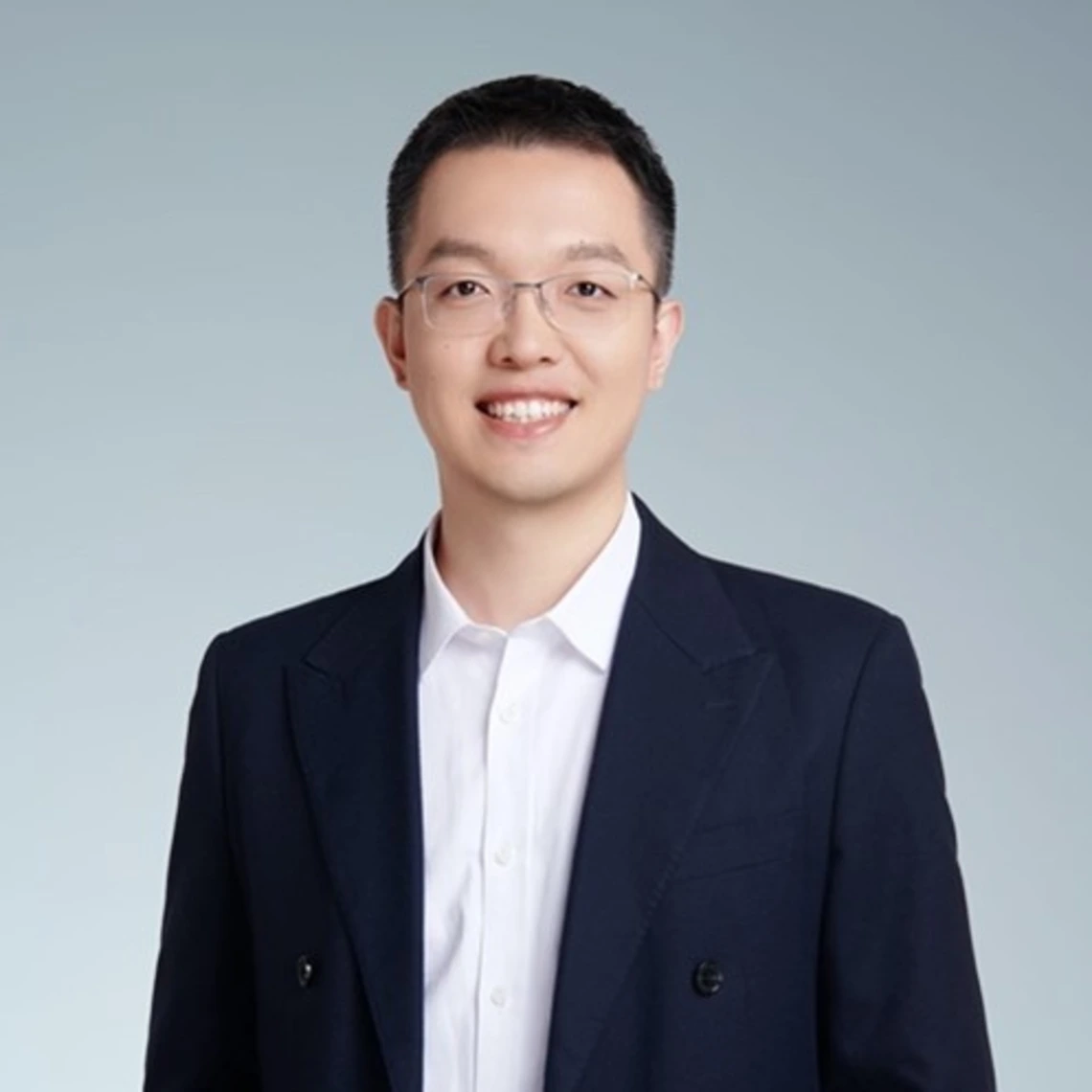Xiaodong Yan leads experiment for $1.4M quantum research project

Quantum computing is considered the next generation of information technology, with the potential to revolutionize an array of fields, including machine learning, drug development, data storage, agriculture and cybersecurity.
Using the principles of quantum mechanics will allow researchers to quickly solve complex problems that are currently insurmountable by classical computers. However, adoption of quantum technologies has been stymied by several factors, including high error rates.
These mistakes occur because quantum systems are highly sensitive to external disturbances like temperature and sound. Effective error correction would protect high-performance data processing, but this area of research has had limited exploration, until now.
Assistant professor of electrical and computer engineering Gagatsos Gagatsos was awarded $1.4 million from the U.S. Army Research Office to investigate the application of quantum error correction in magnetic field sensing. One of the project's supporting researchers, Xiaodong Yan, an assistant professor of MSE and ECE, will conduct physical experiments for the project.
Yan said they will build quantum sensors, which will be placed inside a probe, to verify theoretical findings. The team will develop the device inside two on-campus cleanrooms and test beds.
"The most exciting aspect of this work is that we are simultaneously developing new technology and advancing fundamental science," said Gagatsos.
